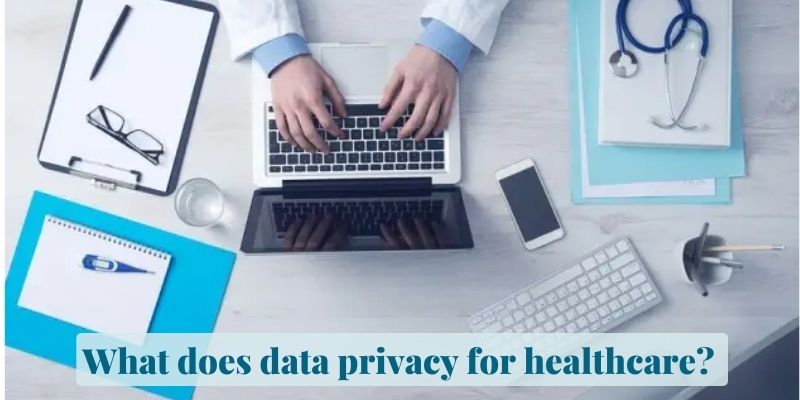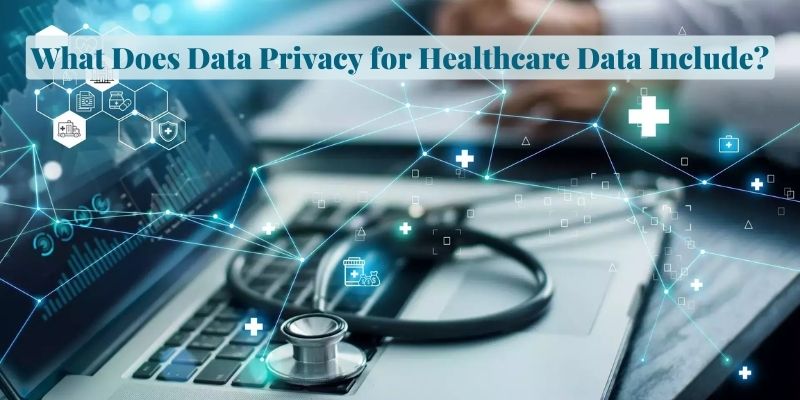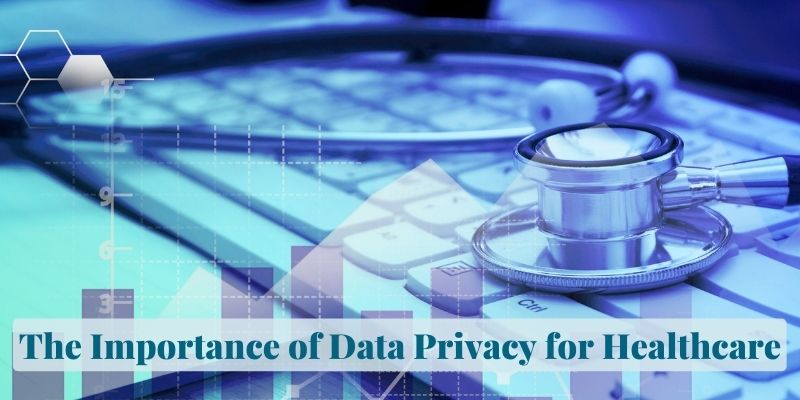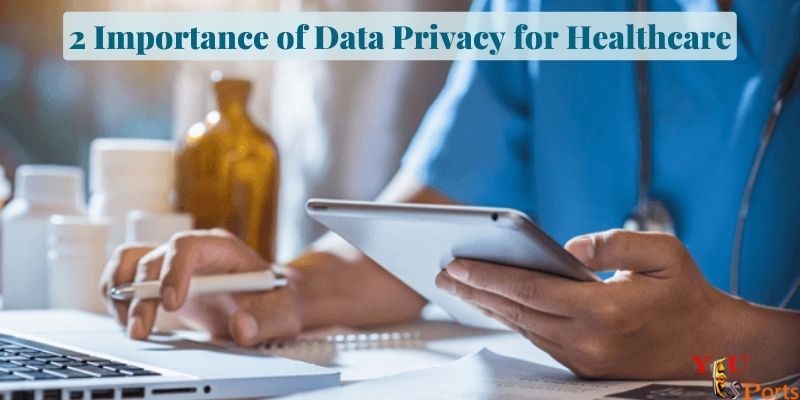Even if you are unaware of data privacy for healthcare, whenever you go to the doctor, request medication, or schedule surgery, you provide vital information to healthcare institutions. For example, when you make an appointment to get antibiotics, you also give medical facilities information about your current diet, your health problems, and the kind of medication you’re likely to take soon.
For the patients’ safety as well as for other very important reasons, all of that sensitive data needs to be preserved. Healthcare data privacy has grown in popularity as a topic and a source of concern for patients as data privacy has gained importance globally.
In this article, yeuesports.com will examine data privacy in healthcare today to better understand what it is, how it functions, and how healthcare organizations use it to safeguard their patients’ data and reputations.
What does data privacy for healthcare?
Policies and technology used to safeguard sensitive health information for clients and patients of medical facilities are examples of healthcare data privacy. Only authorized persons, such as doctors, are permitted to view sensitive patient medical data or protected health information (PHI).

In order to protect PHI from potential bad actors, every medical organization, including large hospitals, small clinics, and private practices, is required by law and morality to do so. For a variety of reasons, such as financial gain, ransom, and others, many businesses and people may want to collect patient medical data.
Medical organizations can secure their systems against unauthorized digital breaches and safeguard the sensitive health information of their patients and clients by following best practices for healthcare data privacy.
What Does Data Privacy for Healthcare Data Include?

Healthcare data privacy involves a variety of actions and steps, such as:
- How hospitals and other medical facilities train their employees
- The types of software utilized by healthcare institutions and organizations
- How data is gathered, organized, and transmitted between organizations or databases
- How important medical information is communicated to patients
- And more
But just what counts as protected healthcare information? PHI includes any data related to:
- The patient’s health and human services received, including those that are currently being provided and those that were previously provided
- Patient names, addresses, and other personally identifying information such as Social Security numbers and birth dates
- Psychological and/or medical conditions for patients
- Prescriptions and additional medical advice or directives for patients
- Family medical history and genetic information for patients
PHI data essentially refers to any information that might conceivably relate to someone’s health, their medical treatment, or their dealings with medical institutions.
Healthcare organizations must take specific measures to safeguard this data in order to guarantee that patient health information is always protected.
The Importance of Data Privacy for Healthcare
Practically every industry is required to protect sensitive consumer and client information. But for a number of crucial reasons, protecting sensitive data is particularly crucial in the healthcare sector.

Patient Trust (Data privacy for healthcare)
To begin with, safeguarding patient data enables healthcare organizations to gain patients’ trust. Patients are more inclined to use a medical facility repeatedly for their healthcare requirements if they feel that the facility effectively secures personal data.
Be aware that this is significant for more reasons than just the financial health of a hospital or medical facility. Additionally, patient safety depends on it. A doctor could be partially responsible for any problems that might develop if, in the hypothetical case, a patient chose not to contact them out of concern that their private information might be taken.
For medical organizations, including large hospitals and private practitioners, patient trust is very essential. Without patient trust, it is challenging to provide patients with the healthcare they require and to guarantee that they heed competent medical advice. Furthermore, improved healthcare results are positively connected with greater patient trust.
Patient Safety (Data privacy for healthcare)
Both patient safety and patient trust are essential. Healthcare organizations are accountable for the wellbeing of their patients, as was said above. They run the risk of their professionals or staff making mistakes that result in inaccurate diagnoses, improper prescriptions, and other errors if they don’t safeguard and organize patient data.
Patients may also lose faith in healthcare organizations or facilities, as was already indicated. If this happens, individuals might not receive the medical attention they require while their health is in danger.
Healthcare is Rich in Relationships
However, due to the way that it enables observers to infer relationships or meanings about its owners, sensitive data in the healthcare industry might pose additional risks to patients.
Simply put, relationships are extremely rich in all states of health. For instance, a person’s microbiome influences not only how well they digest food but also factors like as their mood, level of energy, and other things.
This illustrates how an observer, criminal, or other bad actor might infer information about a patient’s health or identity from just one piece of healthcare data. Theoretically, someone could obtain a patient’s healthcare information, find out when they were scheduled to depart for the hospital, and take advantage of the timing to break into their home and take valuables.
